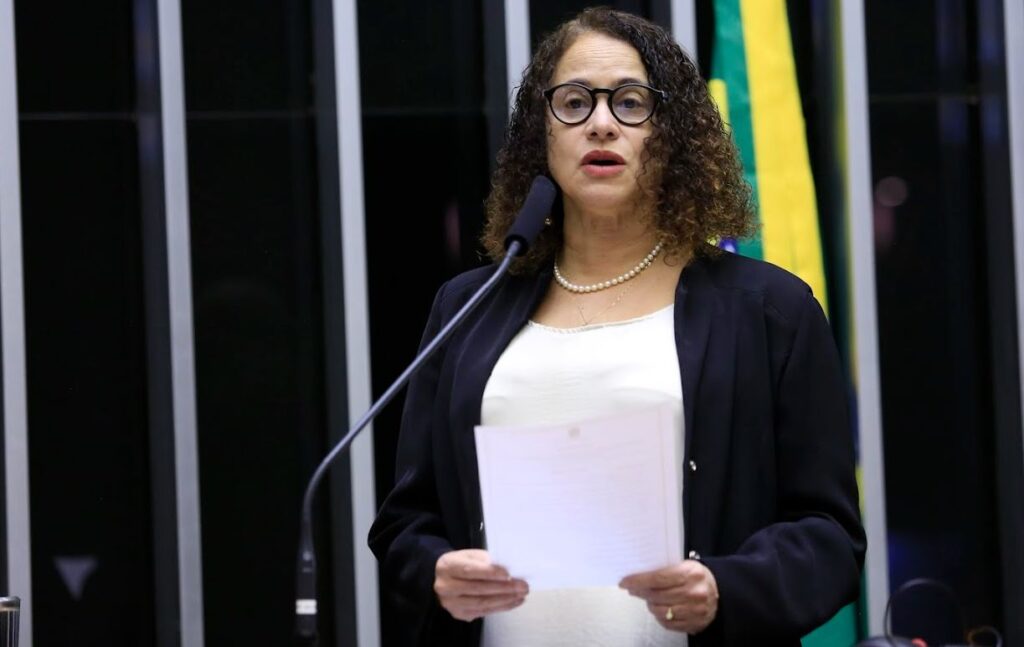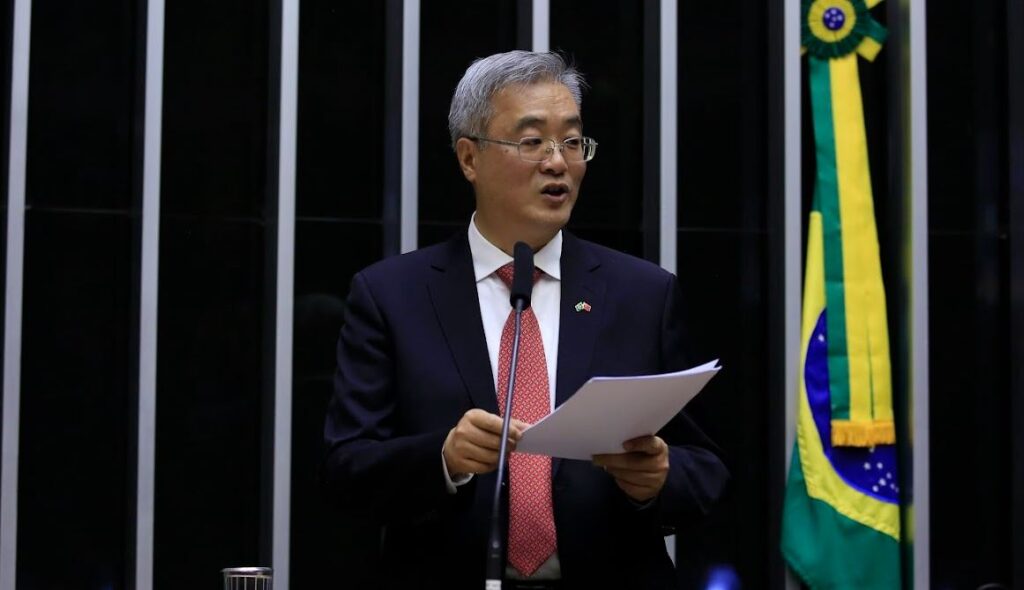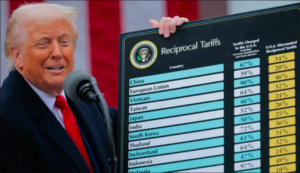
Published 08/16/2024 13:13 | Edited 08/16/2024 14:17
As national president of the PCdoB and Minister of Science, Technology and Innovation, Luciana Santos highlighted this Thursday (15) during a solemn session of the National Congress, in celebration of the 50th anniversary of diplomatic relations between Brazil and China, the role of the Asian country as a world leader in scientific production.
“In the area of science, technology and innovation, China is certainly an impressive model. Since 2020, it has been the country that produces the most knowledge in the world according to the main scientific publication rankings,” highlights the minister.
Brazil, in turn, is not far behind in these rankings. “In terms of the publication of papers and our production capacity, we are ranked 13th in the world,” he reveals.
According to Luciana, for many years the Asian country has been the one that files the most invention patents, which is another indication of its leadership in the innovative process.
“His commitment to the model of intensive development in technology and innovation, in a green and sustainable way, for economic modernization is the path that is being applied here in President Lula’s government,” he says.
Read more: Brazil and China, 50 years of friendship and mutual benefits
In Sino-Brazilian cooperation in science, technology and innovation, the minister says that Chinese partners are among those most willing to co-develop advanced technology products and services and to share the high risks involved in these ventures.
“I can cite as an example the successful collaboration we have had with China, since the beginning of the existence of the Ministry of Science and Technology, in the 1980s, in the space area”, he states, referring to the Sino-Brazilian Earth Resources Satellite (Cbers) program.
This is the first South-South high-tech cooperation project in history. “And here I repeat: this is not about purchasing technology or transferring technology; the best form of cooperation is common development, not only from the point of view of knowledge exchange and common development, but also of sharing investments,” he explains.
“In total, we have already developed six satellites together, which have had decisive applications in monitoring our territories and biomes, supporting the fight against deforestation, territorial planning, agricultural production, water supply, education and the management of disasters and extreme climate events,” he says.
In addition to space cooperation, Luciana hopes that 50 years of diplomatic relations can open a new phase in collaboration in cutting-edge technology.
“Our interest, and I have already made this appeal to the ambassador on other occasions, is to deepen collaboration with China in the areas of emerging technologies, such as artificial intelligence, quantum technologies, supercomputing and semiconductors,” he reveals.

Challenges
One of the authors requesting the solemn session, the president of the Brazil-China parliamentary group in the Chamber of Deputies, deputy Daniel Almeida (PCdoB-BA), states that the two countries are partners in the face of global challenges such as climate and environmental changes, food security for people and the search for a global governance system that makes world peace possible.
“Brazil and China are highly committed to these issues, whether in terms of pursuing energy transition, building a global alliance against hunger and the willingness to seek solutions to ongoing armed conflicts around the world,” he notes.
Despite different and diverse cultures and economies, the deputy says that Brazil and China have found common ground to follow agreements that have since expanded significantly beyond trade and economics.
“Currently, investments in culture, science, technology and strategic cooperation are also part of the set of cooperation agendas between nations”, he recalls.
The parliamentarian also highlights the commercial relationship that grew 7.4% compared to the same period in 2023.
“And this year will probably represent a new trade record. The aim is for countries to continue to stimulate the industrial sector and development in science, technology and innovation. The minister was in China a few times last year, when she had the opportunity to accompany President Lula and several agreements were signed between them in the area of science and technology,” says Daniel.

Investments
The ambassador of the People’s Republic of China, Zhu Qingqiao, states that China has remained Brazil’s largest trading partner for 15 consecutive years, while Brazil is China’s largest trading partner in Latin America and the first country in the region to surpass the US$100 billion mark in exports to China.
“Chinese investments in Brazil have moved from traditional sectors to new areas, such as electric vehicles, the digital economy and renewable energy, generating more than 70,000 direct jobs to date,” he highlights.
Zhu Qingqiao also recalls partnerships such as the ultra-high voltage energy transmission projects, which cross Brazil from north to south; the urban rail transport project in São Paulo, which benefits around 1.5 million people in eleven municipalities; the demonstration of family farming mechanization in the State of Rio Grande do Norte; and the joint Earth resources satellite program.
“China is ready to work with Brazil to shoulder our historic responsibilities, uphold multilateralism, defend equity and justice, and jointly build a community with a shared future for humanity. We offer full support to Brazil in organizing the G20 summit in Rio de Janeiro, the BRICS leaders’ meeting and COP 30 in these two years,” he concluded.
Source: vermelho.org.br

